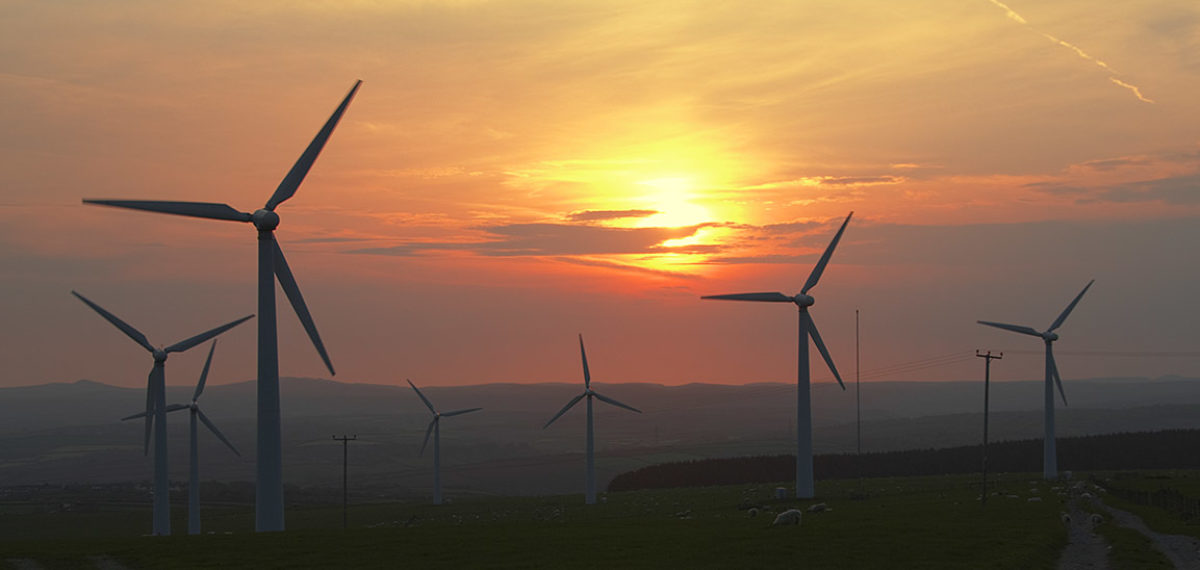In what is called an ‘energy security day’ on March 30th the Government will be highlighting how it is pouring billions into a failed technology that would not help defend the UK’s energy security even it worked.
The Government’s idea is that fossil fuel power plant using carbon capture and storage (CCS) will help to balance variable renewable energy sources, mainly wind power and solar power. The UK Government has recently promised to pump in £20 billion of support for the technology. This money will be paid to the fossil fuel industry and allied interests.
Yet CCS technology is a failing technology. The only power stations that have used this technology have demonstrated CCS hopelessness. At best the technology is hoped to capture almost 90 per cent of carbon dioxide, but in reality, the only two major demonstration schemes involving power plant have never achieved anything like that. The longest-running project, the Boundary Dam coal-fired power plant in Canada, worked so badly that less than half of the carbon dioxide has been captured.
The other major demonstration scheme at a power station to have been tried is, Petra Nova, in Texas. This has achieved a carbon capture rate of no more than 65-70 per cent.
Quite apart from the failure of the technology three unanswered questions hang over the use of CCS in power plant. The first is whether a technology that, even if it worked properly, could not deliver more than 90 per cent carbon capture, was something that should be a target for Government subsidies. Wouldn’t spending on innovative renewable energy technologies such as tidal stream and wave power, not to mention more established renewables and energy efficiency, be a much better bet? Why not put some money into developing fuels made from renewable energy that could be stored? That would do the job that CCS is supposed to do anyway.
The second question is how CCS power stations are to be supported financially. Because of the added equipment of various sorts, extra operating costs and inefficiencies compared to standard fossil fuel generation the electricity will be much more expensive. So what is the financial mechanism that will be used to support fossil fuel CCS? There’s a lots of handwaving when that question is asked, and some mumbling about increasing carbon prices. But to have the effect of bringing the CCS power plant on line would require a dramatic increase in carbon prices that would jerk up electricity prices by considerable amounts.
This leads onto the third question which is how on earth is increasing subsidies for the fossil fuel industry going to benefit energy security? This is at the end of a year when fossil fuel energy prices have been the whole cause of energy insecurity!
What the Government really means when it is talking about energy security day is that this is about protecting the security of jobs in the fossil fuel industry. Instead of course we should be talking about how we can transition jobs to a green energy economy.
By David Toke
You can see the youtube recording of our seminar on 100percent renewable energy for the UK held in London on April 22nd HERE
Speakers at the event were: introduction by Caroline Lucas MP, David Toke, Ian Fairlie (both 100percentrenewableuk), Professor Christian Breyer (LUT University),, Dr Doug Parr (Greenpeace), Alethea Warrington (Possible), Rianna Gargiulo (Friends of the Earth and Divest UK), Charmian Larke (Atlantic Energy), Jonathon Porritt, Professor Mark Barrett (UCL), Professor Dave Elliott, Professor Nick Eyre (University of Oxford), Alison Downes (Stop Sizewell C), Kate Hudson (CND) and Dave Andrews (Claverton Group)

For sure we need to generate as much energy as possible from wind, solar, tide and wave, and we need to stop burning all fossil fuels. But I understand that even 100%renewables plan to fill the gap, when there is not sufficient renewable energy, by creating hydrogen which should be combined with CO2 extracted directly from the air to form methane, which is then burned ‘carbon-neutral’. However, given as, so I understand, it is significantly more efficient to capture CO2 with CCUS (50-90% is not that bad) than it is to extract directly from the air, would it not be sensible to capture the CO2 from burning this methane? Afterall carbon neutral is not enough, and we need to extract as much CO2 from the atmosphere as possible.
I think key points I was making are that not only does power station ccs not do the job of removing carbon properly but also that it cannot compete economically with renewables like wind and solar. Moreover, insofar as the oil and gas companies will get lots of money to do demo plants they will be helped to carry on with their wider fossil fuel extraction activities.